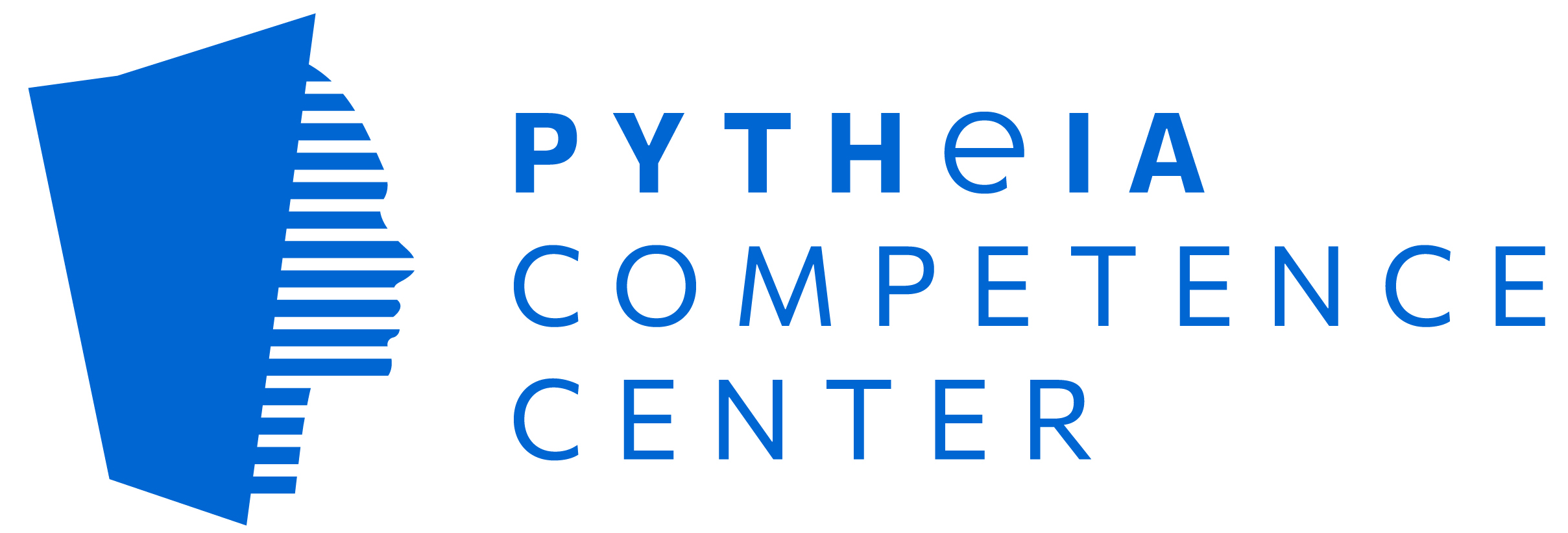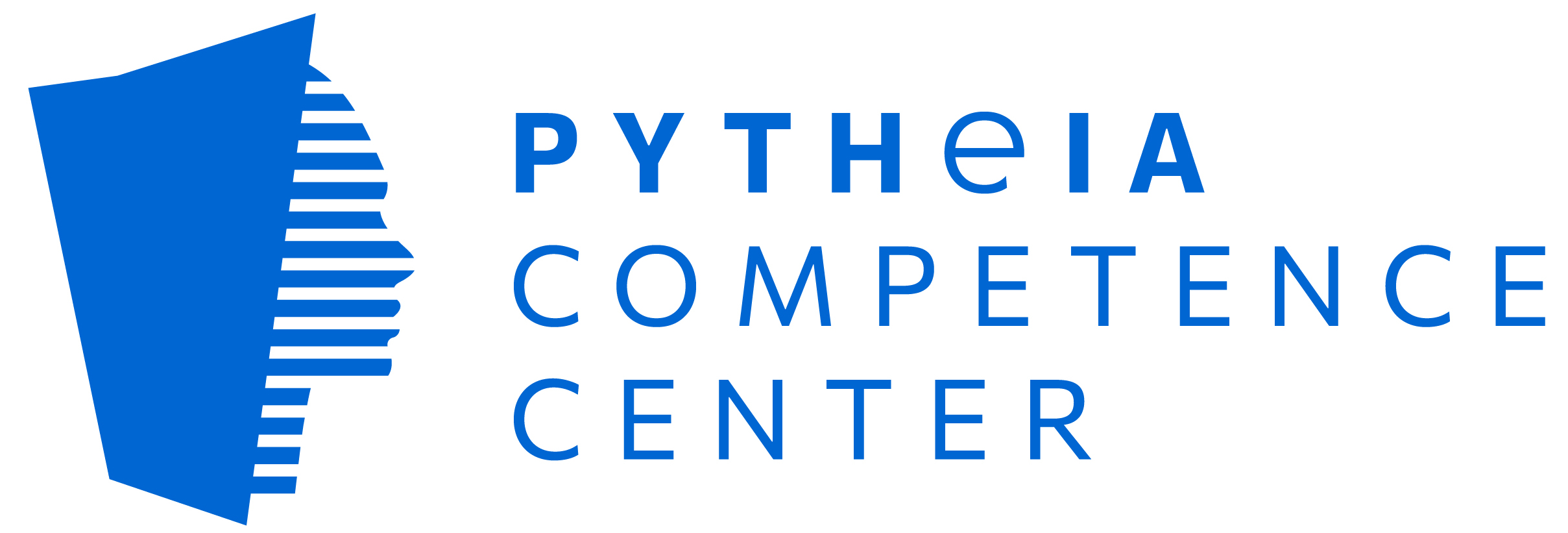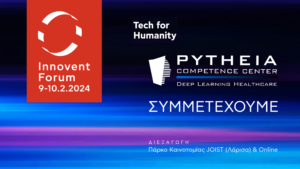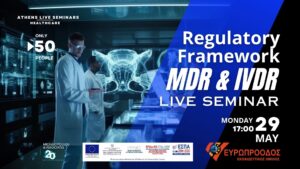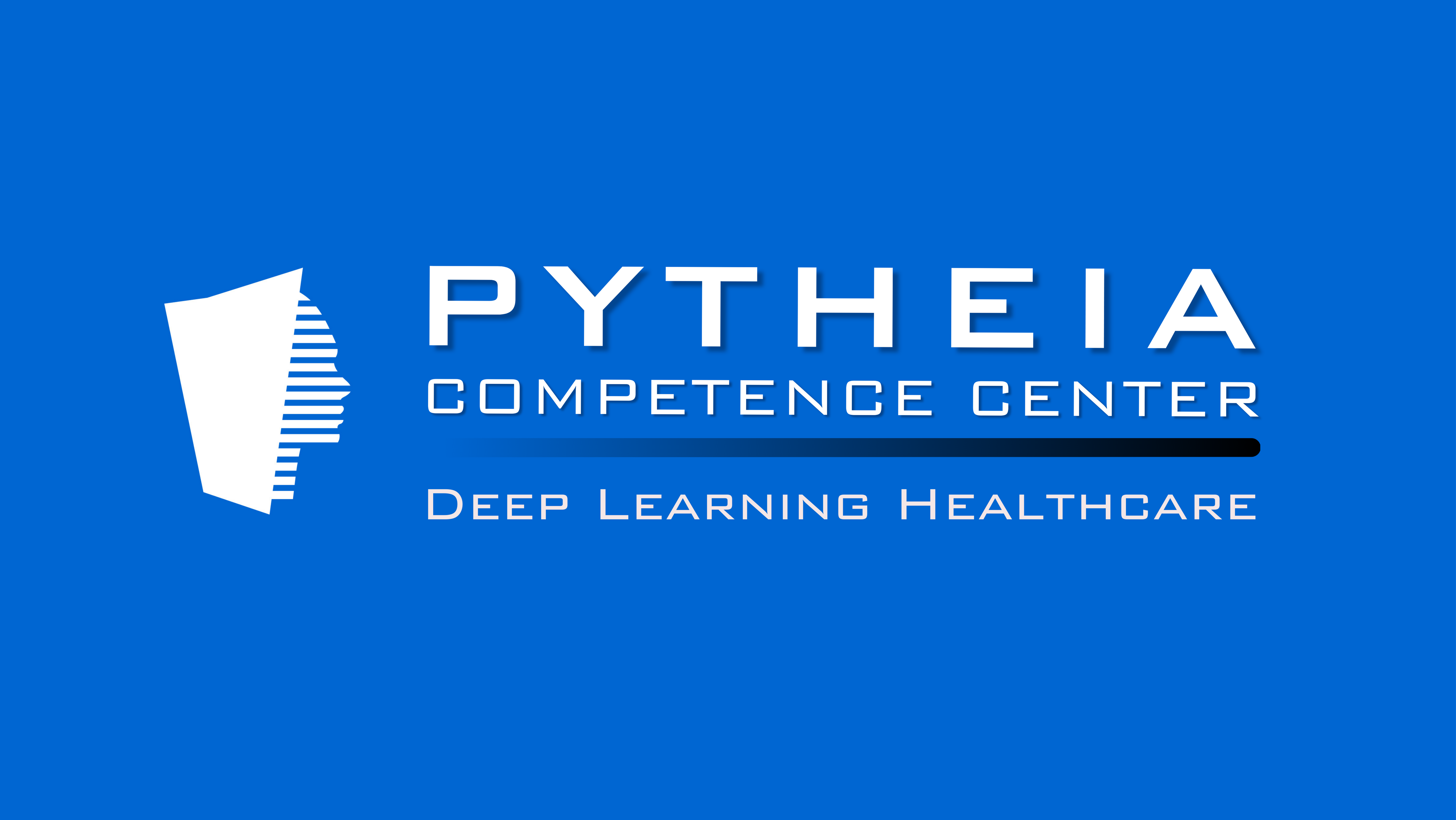Soft Skills: A Historical Perspective Rooted in Hippocrates’ Teachings
The concept of ‘soft skills’ is synonymous with today’s professional landscape, embodying interpersonal abilities, communication prowess, and emotional intelligence crucial for success. In the realm of healthcare, these skills transcend mere importance—they are the lifeblood of patient care and outcomes. Although ‘soft skills’ is a term of modernity, its essence dates back to antiquity, with Hippocrates—the esteemed Father of Medicine—laying the foundational practices that mirror today’s essential healthcare competencies.
1) Observational Excellence in ‘Of the Epidemics’
Hippocrates’ seminal work, ‘Of the Epidemics,’ stands as a monumental testament to the observational excellence imperative in medicine. His scrupulous chronicling of symptoms and disease progressions mirrors the diagnostic precision that contemporary healthcare practitioners aspire to achieve. This classical text illuminates that keen observation—a pivotal soft skill—has been integral to medical practice since its earliest days.
2) Analytical Insight and Environmental Correlations
The capacity to dissect symptoms and their environmental correlations, as demonstrated by Hippocrates, heralds the analytical insight that current physicians exercise. His contributions lay an early groundwork for understanding the interplay between health and environmental conditions, a narrative increasingly pertinent in our global health landscape.
3) The Quintessence of Communication
Communication’s pivotal role in healthcare is as enduring as the writings of Hippocrates himself. His extensive documentation underscores the significance of knowledge transfer in medicine—a timeless soft skill that ensures clinical wisdom is shared and perpetuated.
Soft Skills in Modern Healthcare, from Hippocrates to 2023
4) Empathy and Compassionate Patient Care
Beyond the clinical notations, the Hippocratic Corpus radiates with an empathetic approach to patient care. The depth of patient experiences captured in his texts resonates with the compassionate care that defines modern medicine, highlighting the perpetual significance of empathy in the healthcare sector.
5) Problem-Solving Prowess in Epidemic Management
Hippocrates’ methodical approach to deciphering and curbing disease outbreaks prefigures the problem-solving prowess that is indispensable in today’s healthcare. This skill is at the forefront of the medical field, where professionals routinely confront complex health dilemmas.
6) The Pillars of Professional Ethics
The Hippocratic Oath’s emphasis on ethical patient treatment and medical record integrity are precursors to the professional ethics that are now ingrained in healthcare soft skills. This oath continues to be a beacon for medical professionals, guiding their ethical compass.
7) The Pursuit of Lifelong Learning
The continuous aggregation and examination of clinical data in ‘Of the Epidemics’ epitomize a dedication to lifelong learning. This commitment to perpetual enhancement is a soft skill that healthcare professionals are encouraged to cultivate, ensuring they remain at the vanguard of medical knowledge and practice.
New Perspectives on Ancient Wisdom
When viewed through the contemporary lens, the ancient texts of Hippocrates, including ‘The Oath,’ ‘Of the Epidemics,’ ‘On Airs, Waters, and Places,’ and ‘The Book of Prognostics,’ are profound exemplars of soft skills in healthcare. These texts predate their formal recognition, yet they encapsulate the essence of skills that are indispensable in modern medical practice.
From the professionalism and respect heralded in ‘The Oath’ to the prognostic and communicative nuances in ‘The Book of Prognostics,’ Hippocrates’ works are a mirror to the soft skills revered in today’s healthcare professionals. As we navigate the intricacies of modern healthcare, Hippocrates’ principles remind us that medicine is not solely a scientific pursuit but a humanistic discipline demanding a comprehensive skill set.

A great example: “The Oath” by Hippocrates, translated by Francis Adams,
is a seminal text in the history of medicine, laying out ethical principles that have guided physicians for centuries. Here’s an analysis of how these principles relate to modern soft skills in healthcare:
Respect and Lifelong Learning:
“I will reckon him who taught me this Art equally dear to me as my parents…”
This line emphasizes the importance of respect for mentors and educators, akin to modern soft skills that stress the value of lifelong learning and professional development.
Altruism and Mentorship:
“…to teach them this art, if they shall wish to learn it, without fee or stipulation…”
Hippocrates advocates for the free sharing of medical knowledge, which parallels the modern soft skill of mentorship—supporting the growth of others without expecting something in return.
Beneficence:
“I will follow that system of regimen which, according to my ability and judgment, I consider for the benefit of my patients…”
The principle of beneficence, or acting in the best interest of the patient, is a foundational soft skill that involves empathy, compassion, and a patient-centered approach to care.
Non-Maleficence:
“I will give no deadly medicine to any one if asked, nor suggest any such counsel…”
The commitment to do no harm is a critical soft skill, requiring ethical decision-making and integrity in practice.
Professionalism and Purity:
“With purity and with holiness I will pass my life and practice my Art…”
Professionalism is a soft skill that encompasses a range of behaviors including honesty, integrity, and maintaining personal standards that reflect positively on the profession.
Confidentiality:
“Whatever, in connection with my professional practice or not… I see or hear, in the life of men, which ought not to be spoken of abroad, I will not divulge…”
Maintaining patient confidentiality is a soft skill that involves discretion, trustworthiness, and respect for patient privacy.
Commitment to Patient Welfare:
“Into whatever houses I enter, I will go into them for the benefit of the sick…”
This line underscores the commitment to patient welfare, a soft skill that involves prioritizing the well-being of patients above all else.
My POV, while “The Oath” does not use the modern terminology of “soft skills,” the ethical principles it espouses are deeply aligned with the interpersonal, communication, and ethical competencies that are essential in healthcare today. These principles form the basis of a humane approach to medicine, which is as relevant now as it was in the time of Hippocrates.
(Images made with AI)
